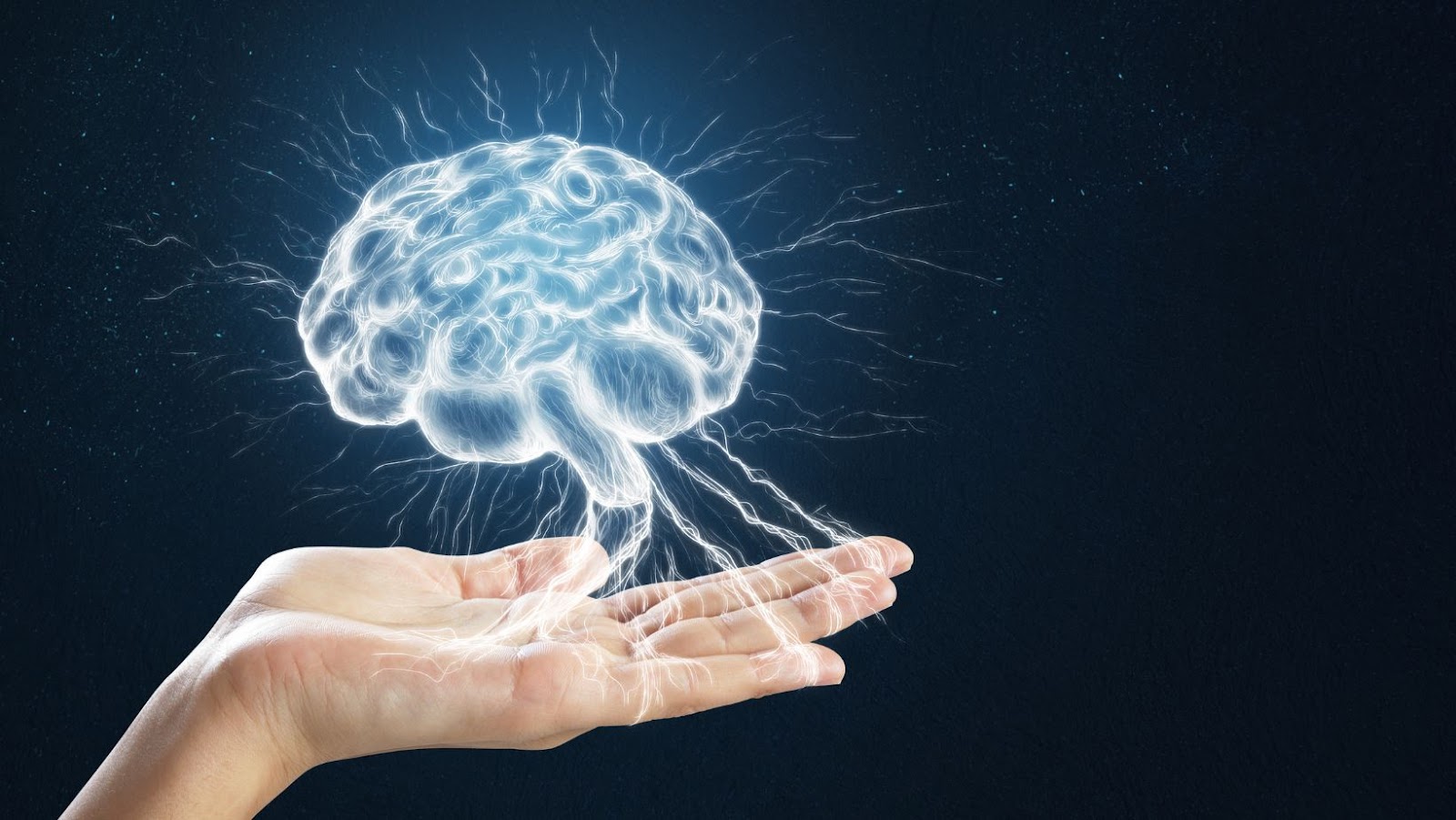In the quest for peak mental performance, many are turning their focus to lifestyle choices that can boost brain function. It’s a fascinating journey that takes us deep into the realms of nutrition, exercise, sleep, and stress management, among others. This article explores the science-backed lifestyle modifications that can help keep your cognitive abilities sharp and robust.
Whether you’re a student seeking academic excellence, a professional aiming at the top of your field, or a senior citizen keen on preserving mental acuity, there’s something for everyone. So, let’s dive into the world of brain-boosting lifestyle choices and uncover the secrets to enhanced mental prowess.
Lifestyle Choices That Improve Brain Function
The brain’s function, a wonderfully intricate entity, plays an intrinsic role in every aspect of life. To optimize its performance, understanding the impact of lifestyle choices becomes paramount.
The Role of Lifestyle in Brain Health
Lifestyle choices, in particular, exert a significant effect on overall brain health. Be it regular physical activity, proper nutrition, maintaining a healthy sleep routine, or managing stress effectively—all play an indispensable role. For instance, individuals consistent with their fitness regimen exhibit improved memory, cognition, and problem-solving abilities, thanks to increased blood flow to the brain.
Exercise and Brain Health
Engaging in regular physical exercise isn’t just indispensable for physical well-being—it’s crucial for brain health. Exercise results in improved blood flow, leading to sharper cognitive abilities. Studies highlight an uptick in memory retention and faster learning speeds among regular exercisers.
 Physical Activity and Brain Function
Physical Activity and Brain Function
Engaging in physical activity emerges as an effective strategy to boost brain function. The subsequent sections delve into the best types of workouts for cognitive health and explain the mechanisms behind the brain-enhancing effects of exercise.
The Best Types of Exercise for Brain Health
Several types of physical activity prove beneficial for brain function. Studies suggest that aerobic exercises, like running and cycling, spike brain-derived neurotropic factor (BDNF), which aids in brain cell growth and resilience. Examples, named after the plural noun, encompass swimming, brisk walking, and inline skating.
Resistance training also garners attention for its cognitive-enhancing benefits. Weight lifting, for instance, can spur the growth of new neural connections. Activities falling under this type, notably lifting weights or resistance band exercises, can amplify brain health.
Last but not least, balance and coordination exercises like yoga and tai chi assist with maintaining cognitive health, enhancing focus and learning abilities. Additionally, these exercises often emphasize mindfulness, tying in benefits for stress management and emotional well-being.
How Physical Activity Influences Cognitive Function
Physical activity exerts profound effects on cognitive function, working through several mechanisms. For starters, exercises reduce inflammation and insulin resistance, maintaining optimal brain health. Further, as the heart pumps blood more forcefully during physical activity, it caters to the brain’s high demand for oxygen and nutrients.
Physical activity also stimulates the brain’s plasticity by promoting neuronal growth and forming new neural connections. It increases the volume of certain brain areas, especially the hippocampus, which anchors memory and learning. Regular exercises like running or swimming, correspondingly increase the gray matter in the brain.
Importantly, exercise alleviates mental stress and anxiety, revitalizing the brain’s functioning. For example, a brisk walk or a yoga session can help in managing stressful situations.
Thus, physical activity forms part of a comprehensive lifestyle intervention for bolstering brain health, complementing nutrition, sleep, and stress management strategies as explored earlier in the article.
 In Conclusion
In Conclusion
So, it’s clear that our lifestyle choices play a significant role in boosting brain function. By maintaining a balanced diet rich in brain-friendly nutrients, engaging in regular physical activity, getting ample sleep, and effectively managing stress, we can significantly enhance our cognitive abilities. Mental exercises such as brain training games and meditation also contribute to this improvement, as does maintaining a healthy social life. It’s not a one-size-fits-all approach, but a blend of these strategies tailored to individual needs and preferences. Remember, it’s never too late to start making these beneficial lifestyle changes. Whether you’re a student, a professional, or a senior, these modifications can help optimize your brain health, ensuring you’re at your cognitive best. So, why wait? Start implementing these changes today and experience the difference!